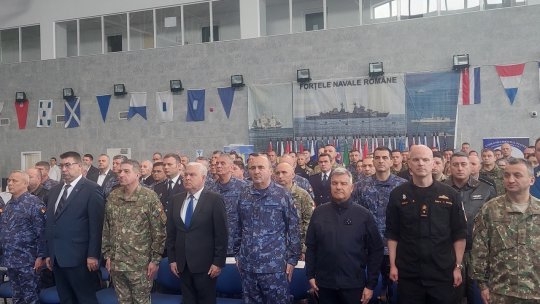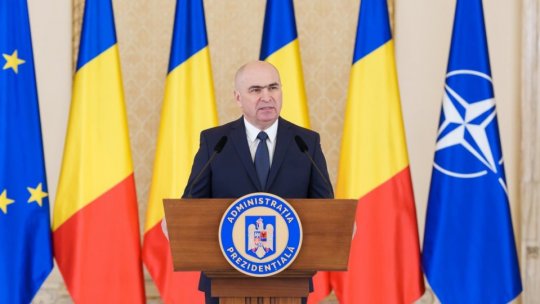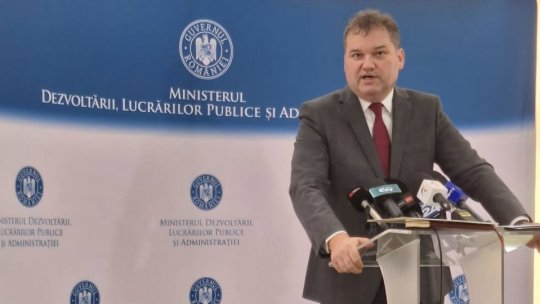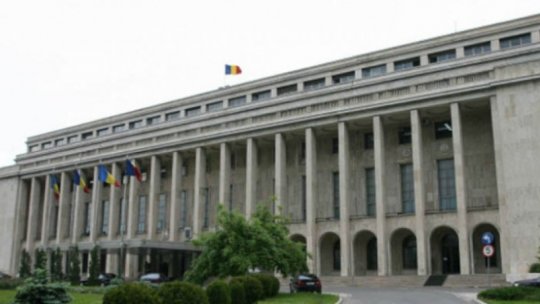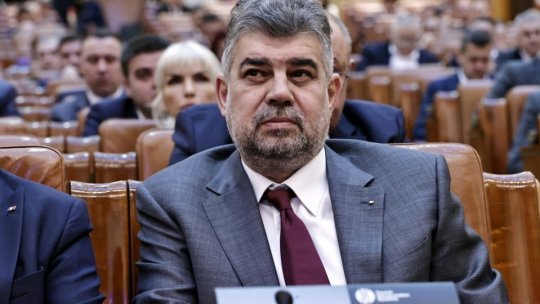Political Disputes in Bucharest
The 2014 election year kicked off in Bucharest with a number of disputes between the power and the opposition.
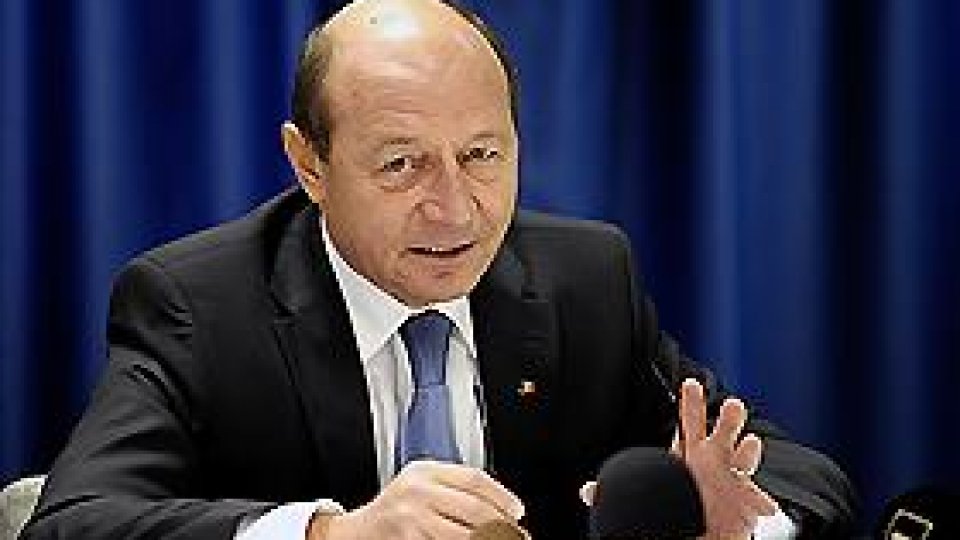
Articol de Radio România Internaţional, 04 Februarie 2014, 10:37
Sunday’s meeting of Romania’s Supreme Defense Council, summoned by the Government, highlighted once again the dissentions between president Traian Basescu and the leaders of the ruling Social Liberal Union.
The bone of contention was the plane crash on January 20th, which claimed two lives. The president says that the rescue operation was not coordinated in keeping with the rules and regulations in force and the government did not set up a rapid intervention team to locate the wreck and provide first aid to the victims.
Prime Minister Victor Ponta, on the other hand, says the head of the Special Telecommunications Service, Marcel Opris, is to a certain degree responsible for the situation, but Traian Basescu does not agree.
“The Special Telecommunications Service has neither the necessary equipment for this type of tracking, nor the legal right to do more than it did. In keeping with the regulations in force, the Service takes over emergency information from phone operators. The Service has the capacity to locate the call, if the call was made from a land line phone.”
Traian Basescu is outraged with the recently created perception according to which the Romanian state is not capable of taking action in crisis situations. In fact, he said, distortions are created by leaders, hinting at his political opponents, Social Democrat Victor Ponta and Liberal Crin Antonescu. After unsuccessfully calling for the dismissal of the Director of the Special Telecommunications Service, Victor Ponta seems to have changed the tactics, resorting to parliament voting to make sure he has the final say.
“We have decided for the draft law on the subordination of the Special Telecommunications Service to the Interior Ministry to be presented in the Senate’s Standing Bureau. Under the new structure, the Service will be coordinated by the Department for Emergency Situations, for a better coordination of all the institutions that have responsibilities with regard to the management of emergency situations. Thus we will benefit from a less bureaucratic structure and responsibilities will be clearer.”
It would be logical to assume that, following this reorganization, the leadership of the Service will also be changed. Weighing the significance of the secret information that this service could provide to politicians in an election year, the opposition has already launched a warning signal regarding the alleged danger of this Service passing from the presidency to the government.
More news on RRI.


